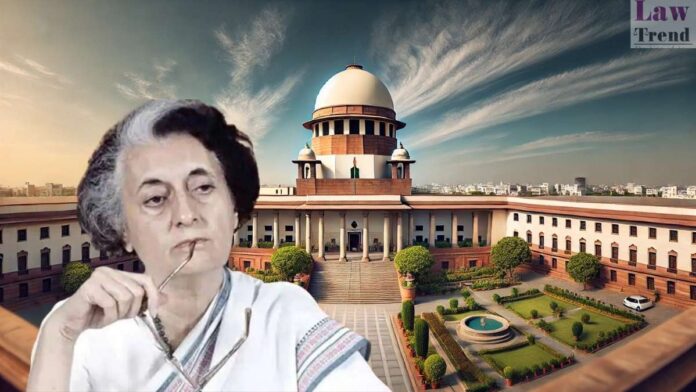In India’s Supreme Court, the Chief Justice of India (CJI) is traditionally appointed based on seniority. This unwritten rule is governed by the Memorandum of Procedure (MoP) for judicial appointments, established in 1999 to define the roles of the central government, Supreme Court, and High Courts in the process. Though the MoP and collegium system lack a formal constitutional mandate, they have long guided the selection of judges, reinforcing the convention of appointing the most senior judge as CJI.
In 2015, the government sought to reform judicial appointments by establishing the National Judicial Appointments Commission (NJAC), aiming to increase the government’s role in the process. However, the Supreme Court declared the NJAC unconstitutional, and discussions to finalize the MoP have continued, with the government confirming last year that the MoP is still pending completion.
The seniority tradition was notably broken twice by former Prime Minister Indira Gandhi. In 1973, Gandhi appointed Justice A.N. Ray as CJI over three more senior judges—Justices J.M. Shelat, K.S. Hegde, and A.N. Grover. Justice Ray’s appointment followed the historic Kesavananda Bharati case, where he dissented in the ruling that curtailed parliamentary power by establishing the “basic structure” doctrine.

In 1977, Gandhi broke the tradition again by appointing Justice M.H. Beg as CJI instead of Justice H.R. Khanna, who was senior. Both decisions stirred significant controversy, sparking debates on judicial independence and raising concerns about government influence in the judiciary.







